Supreme Court Declines to Hear PASPA Restitution Case, Returns it to New Jersey Federal Court
Posted on: May 19, 2020, 12:18h.
Last updated on: May 19, 2020, 08:18h.
The US Supreme Court on Monday announced it would not take on – for now, at least – whether the NCAA and the four major American professional sporting leagues owe the New Jersey Thoroughbred Horsemen’s Association (NJTHA) damages for keeping that organization from operating a sportsbook.
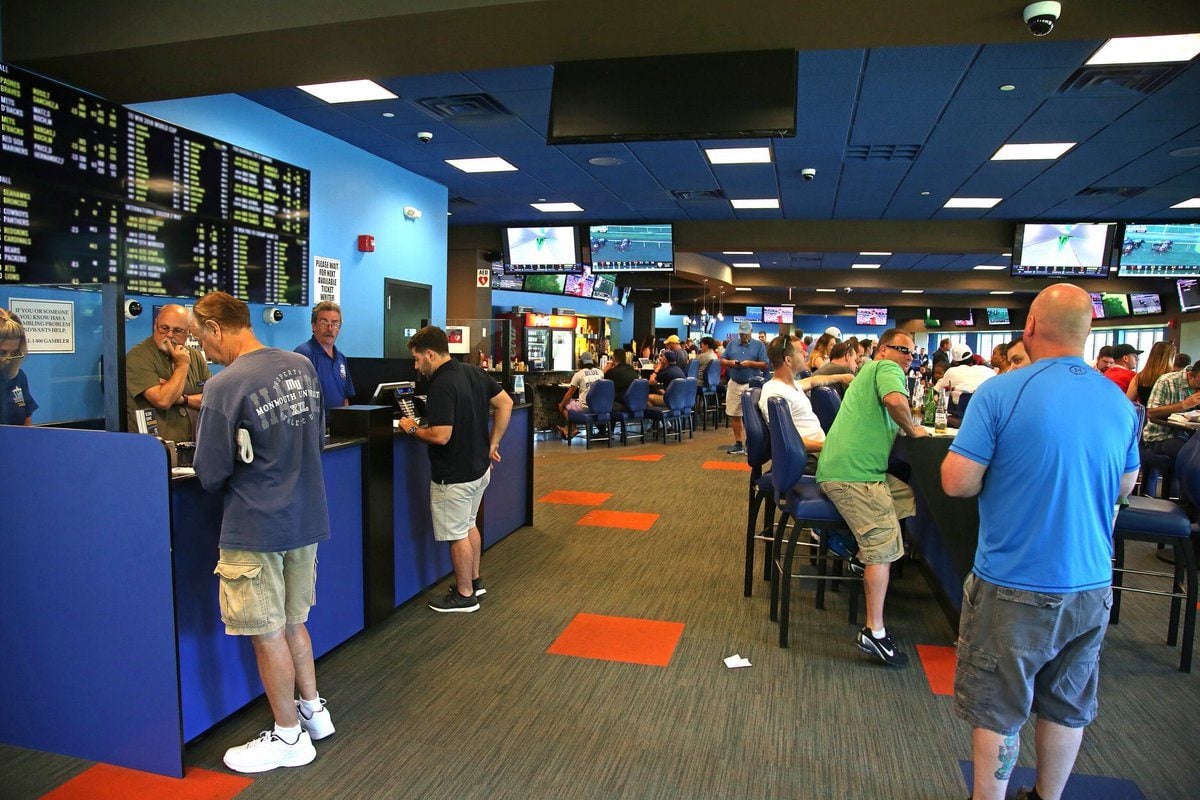
The decision, posted on the Supreme Court’s web site Monday, does not end the matter. Instead, the issue will now return to US District Court in New Jersey, where that court will determine if the horsemen deserve an award. If so, it’s a sum that could range between $3.4 million and $150 million, and the federal district judge’s ruling will almost certainly be appealed.
The NCAA, along with MLB, NBA, NFL, and NHL, wanted the nation’s top court to intervene in the restitution discussion. Supreme Court justices took up the case in a conference on Friday, two years and a day after the court made its historic ruling in the same case that determined PASPA was unconstitutional.
The NJTHA operates Monmouth Park and planned to open a sportsbook at the track in October 2014 after the state legislature passed a sports betting law. However, the sporting leagues filed a lawsuit and received an injunction against the horsemen. As part of the injunction, the leagues posted a $3.4 million bond.
Ruling Not a Surprise
In an email to Casino.org, Dennis Drazin, president of Darby Development, said he was pleased by but also expected the justices’ decision Monday. Darby Development manages Monmouth Park on behalf of the New Jersey horsemen.
Now the NJTHA can continue their efforts to demand that the Leagues pay damages on the bond and also the excess damages related to the claim of bad faith,” he said.
The horsemen wasted little time in furthering those efforts. Hours after the Supreme Court’s decision, lawyers for the horsemen renewed their request for summary judgment to receive the $3.4 million, plus accrued interest, and for a partial judgment for additional damages incurred as a result of the injunction.
After the Supreme Court made its decision on PASPA, the horsemen went back to the district court and not only sought the bond, but claimed the group should be awarded damages equivalent to what it could have earned from a sportsbook between October 2014 and May 2018.
And, once again, that’s where this case heads.
Chris Grove, a partner at gaming research firm Eilers and Krejcik, determined the horsemen would have earned about $10.2 million in revenue during the month the temporary order was in effect. Beyond that, when the order became permanent, as the leagues prevailed in the initial district court ruling, a Monmouth Park sportsbook would have generated nearly $140 million in revenue.
Good Precedent vs. Bad Faith
The NCAA and the professional leagues claim the Supreme Court’s ruling overturning PASPA does not give the horsemen the right for the bond money.
The leagues’ contention has been that the horsemen are not due the bond money or additional damages because the district court ruled that the state law allowing sports betting was illegal. While that ruling was eventually overturned, it was based on legal precedent at the time.
The horsemen, though, have questioned the leagues’ motives in the matter. The NJTHA noted that while the leagues opposed expanded sports betting, they were embracing such similar products as daily fantasy sports.
Related News Articles
Most Popular
Tropicana Las Vegas to be Imploded, Tentative Date Set
VEGAS MYTHS BUSTED: Golden Gate is the Oldest Casino in Vegas
DraftKings Leads Bank Sports Betting Survey, ESPN Bet Surprises
Most Commented
-
End of the Line for Las Vegas Monorail
— April 5, 2024 — 90 Comments -
Long Island Casino Opponents Love New York Licensing Delays
— March 27, 2024 — 5 Comments
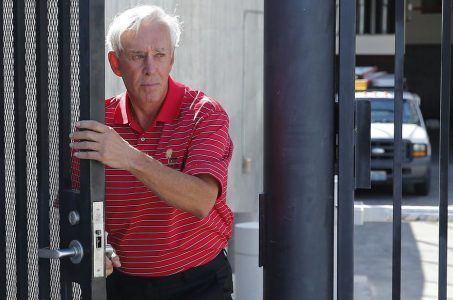
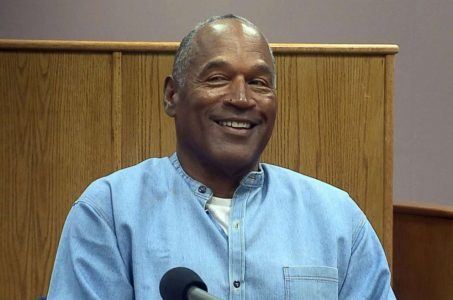
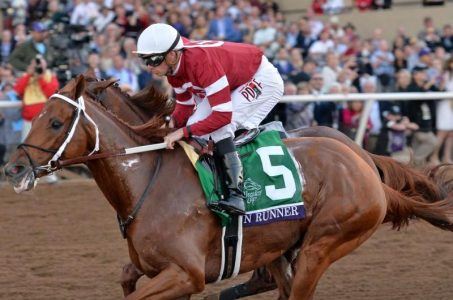
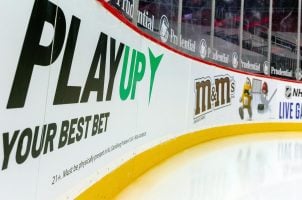










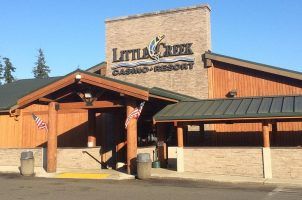

No comments yet